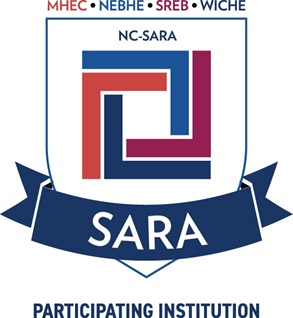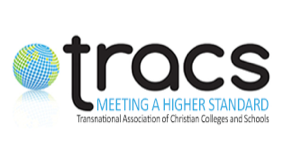Accreditation
For those who wonder if Carolina University is regionally or nationally accredited, it is important to note that the United States Department of Education removed those distinctions in 2020 and issued an official statement that explains why any such distinctions are "unfounded."
They now only distinguish between institutional and programmatic accrediting agencies. CU is a member of the Transnational Association of Christian Colleges and Schools (TRACS) having been awarded Reaffirmed status as a Category IV institution by the TRACS Accreditation Commission on April 21, 2020; this status is effective for a period of ten years. TRACS is recognized by the United States Department of Education, the Council for Education Accreditation and the International Network for Quality Assurance Agencies in Higher Education (INQAAHE).
Carolina University awards doctorate's, master’s, bachelor’s, and associate’s degrees, as well as certificates.
Students are eligible for Federal financial aid. CU has additional accreditation in mind as part of our strategic plan for the future.
National Council for State Authorization Reciprocity Agreements (NC-SARA) approved Carolina University as its institutional participant in SARA with the participating period from 7/14/2022 to 7/13/2023.
Institutional Requirements to Maintain Participation
The National Council for State Authorization Reciprocity Agreements (NC-SARA) was established to help expand students’ access to educational opportunities and ensure more efficient, consistent, and effective regulation of distance learning programs.
Two critical components of NC-SARA’s mission are:
- to assure students are well-served in a rapidly-changing education landscape, and
- to increase the quality and value of higher education credentials earned through distance learning programs.
SARA increases administrative efficiency and lowers the costs of obtaining authorization to provide postsecondary distance education in states that join. These benefits result in increased access as institutions like yours are able to make their academic programs more widely available and accept enrollments from students in all states except for California without additional work to seek state authorization.
But increased access and efficiency will mean little if they are not accompanied by high quality. That is why all SARA institutions annually commit to several requirements designed to ensure that courses and programs they offer through SARA provide high-quality learning opportunities that can help students reach their goals as well as to ensure appropriate consumer protections for students.
Visit NC-SARA website www.nc-sara.org for further details.

